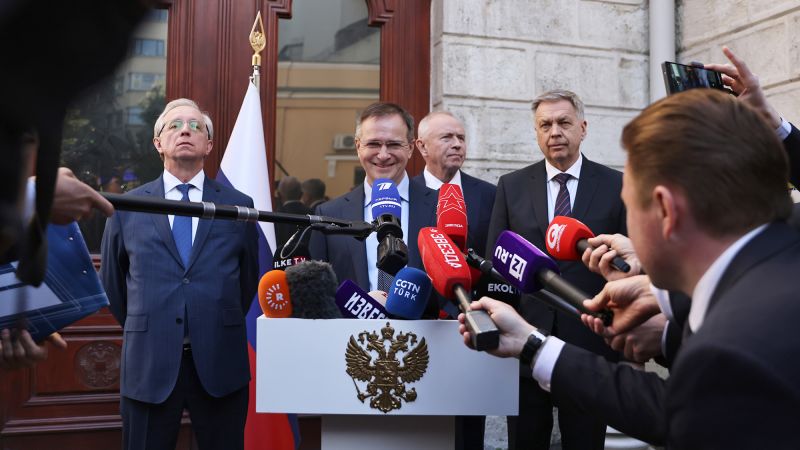Korea Starbucks Bans Presidential Candidate Names on Cups to Avoid Political Controversy

Seoul, South Korea – Starbucks South Korea has implemented a surprising policy change, prohibiting customers from requesting the names of presidential candidates or the former president on their beverage cups. This move, confirmed by Starbucks to AFP on Wednesday, aims to avoid potential political controversy and maintain a neutral stance during the upcoming presidential election.
The decision comes amidst heightened political tensions in the country as the nation gears up for a closely watched presidential race. While Starbucks initially allowed customers to personalize their cups with names, the company recognized the potential for misuse and the possibility of creating an environment that could be perceived as biased or politically charged. The policy is a preventative measure designed to ensure a welcoming and inclusive atmosphere for all customers, regardless of their political affiliations.
“We strive to provide a comfortable and welcoming environment for all our customers,” a Starbucks spokesperson stated. “To that end, we have decided to restrict the use of political figures’ names on cups. This is not intended to stifle freedom of expression but rather to avoid any potential for political messaging within our stores.”
The move has sparked a mixed reaction online. Some applaud Starbucks for proactively addressing a potentially sensitive situation, arguing that businesses should remain apolitical. Others view the policy as an overreach, claiming it infringes on personal expression and a harmless custom. Social media platforms have seen debates erupting over the implications of this seemingly minor restriction.
The list of prohibited names includes the current presidential candidates, as well as the name of the former president, Park Geun-hye, who was impeached and convicted of corruption in 2017. The policy applies to all Starbucks locations across South Korea.
This isn't the first time a company has faced scrutiny over political messaging. Businesses worldwide are increasingly navigating the complexities of operating in a politically charged environment. Starbucks' decision highlights the delicate balance between catering to customer preferences and upholding a neutral public image.
Experts suggest the move is a carefully calculated risk. While it may alienate a small segment of the population, it's likely to be viewed favorably by a broader audience concerned about the potential for political polarization within commercial spaces. The company is essentially prioritizing brand safety and maintaining a reputation for inclusivity over the minor customization of beverage cups.
As South Korea heads towards its presidential election, all eyes are on the political landscape. Starbucks’ decision, while seemingly trivial, offers a glimpse into the challenges businesses face as they navigate the intersection of commerce and politics in a rapidly changing world. The coffee giant’s approach serves as a case study for other businesses considering how to manage potential political sensitivities in their operations.






